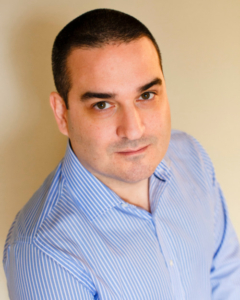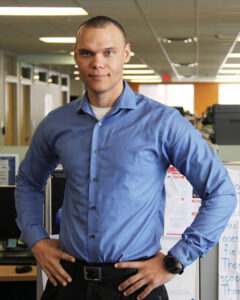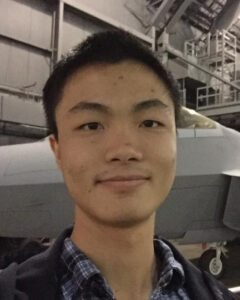
Setup & Code Repository
The Spacedrones Laboratory was established in the summer of 2018. Starting as an internship project from Space@VT, Virginia Tech students lead by Gustavo Gargioni and Marco Peterson put together the first version of the spacecraft simulator that we call today Spacedrones version 1. This version is still used for several graduate research, including masters’ theses and Ph.D. dissertations. After the summer of 2018, some students contributed to expanding the scope of spacecraft simulator proposing new vehicles or upgrading the current generation.
On this page, we have organized the pieces, versions of our spacecraft simulator: Spacedrones. If you have any questions regarding the platform development and setup, please enter in contact with us.
The Development Team
Gustavo is the lead developer of the Spacedrones Spacecraft Simulator since version 1. One of the major attributions of his job is to build, maintain, and upgrade the spacecraft simulator assets and capabilities in software and hardware. For example, the development of new multi-rotor technology and the introduction of machine learning capabilities on the system.
Gustavo Gargioni received his B.S. degrees in Mechanical/Industrial Engineering from Instituto Maua de Tecnologia (Brazil) in 2002 and a Business Specialization from Fundacao Getulio Vargas (Brazil) in 2005. Since college, following software and industrial entrepreneur career. While C.E.O. in Ecoplasticos Industria de Reciclagem Ltda, he received the 2011 Environmental Award from Federacao das Industrias do Estado da Bahia (FIEB, Brazil). Since 2017, he is an Aerospace Engineering Ph.D. student in Kevin T. Crofton Aerospace and Ocean Engineering Department at Virginia Tech and a Graduate Research Assistant for The Hume Center for National and Security Technology and for Center for Space Science and Engineering Research (Space@VT). His current research activities include On-Orbit Servicing focused in Autonomous Unmanned Aerospace Systems.
Marco is the Spacedrones Laboratory graduate research coordinator. Under his attributions, he coordinates the efforts to secure smooth graduate-level research to be conducted with the Spacedrones platform. For example, which version is most suitable for each researcher and its execution timeline and data gathering.
Marco Peterson received his B.S. and M.S. degrees in Computer Science from Virginia State University in 2015. Is Also a Graduate of the United States Army’s Aviation Operations and Flight Schools. currently pursuing a PhD in Aerospace Engineering in Kevin T. Crofton Aerospace and Ocean Engineering Department at Virginia Tech with a research focus in Unmanned Aerial platforms & Orbital Robotics.
Minzhen is an investigator and developer of the Spacedrones 3D tracking capabilities. One of the major attributions of his job is to investigate and develop new 3D tracking capabilities that could be integrated into Spacedrones. For example, the system’s integration of infra-red virtual reality subsystems for feedback control.
Minzhen Du is an Aerospace Engineering student at Kevin T. Crofton Aerospace and Ocean Engineering Department at Virginia Tech. Currently pursuing a Master of Science degree with Space Engineering as an area of interest. He is currently a researcher at the Center for Space Science and Engineering Research (Space@VT) for various projects that relate to space applications. Minzhen Du received his B.S. in Aerospace Engineering from Virginia Tech in 2018.



